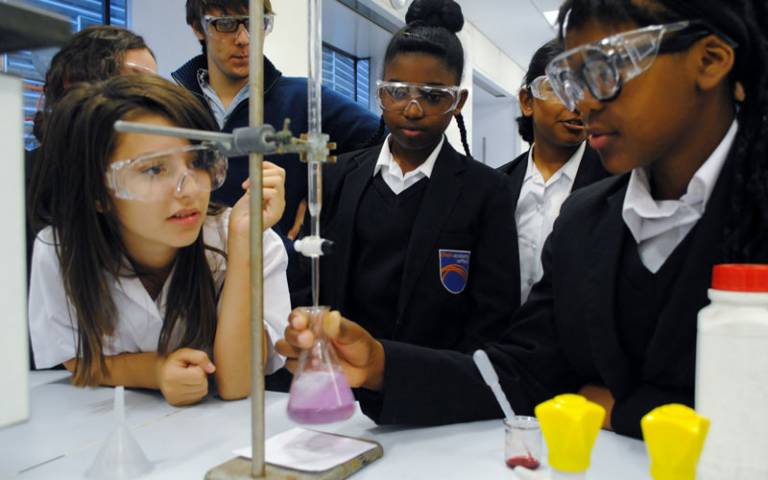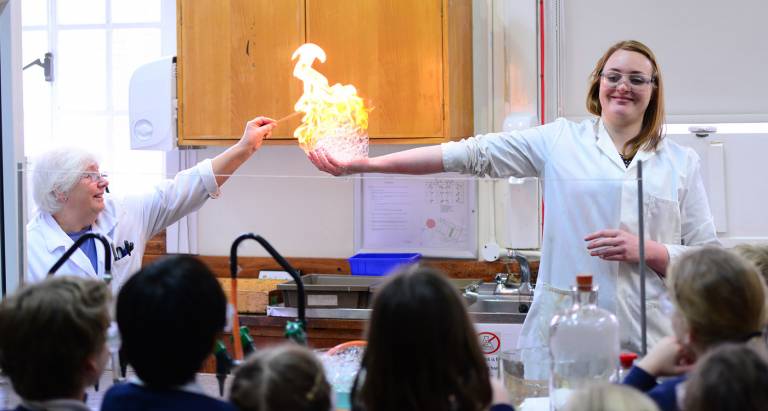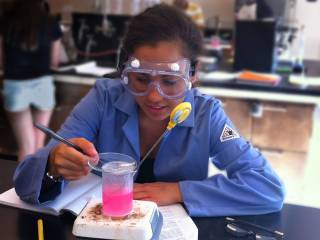Chemistry for All
Overcoming barriers to studying chemistry.

19 July 2016
Background
As the UK’s largest non-governmental funder of chemistry education, the Royal Society of Chemistry (RSC) believes in the importance of outreach, and wherever possible, engaging people with chemistry through social science.
Challenge
The RSC aims to look beyond one-off activities to address these barriers through long-term support of widening participation programmes.
Solution
In 2014, Chemistry for All, a £1 million, five-year project has been launched by the RSC aiming to widen participation in chemistry. Working with partner universities, a number of long-term innovative activities have been developed for schools in their respective areas with low university participation, focusing on chemistry enhancement and enrichment.

Chemistry for All aims to:
- Contribute to the knowledge base on the appropriate methodologies for studying the impact of longitudinal interventions (whether neutral, positive or negative) on target students from widening participation backgrounds
- Inform future Government practice and raise awareness in the UK Government and university and school leadership of the barriers to progression in chemistry for target students
- Provide insights into the success, or otherwise, of the intervention activities in overcoming barriers to progression in chemistry.

- Conduct annual student surveys from participating schools, and comparing the data to that of control schools
- Interview a sub-group of students on a longitudinal basis over five years
- Undertake ethnography in participating schools and interview chemistry teachers
- Report on intermediate findings, and then submitting a final report in summer 2019.
 Close
Close

